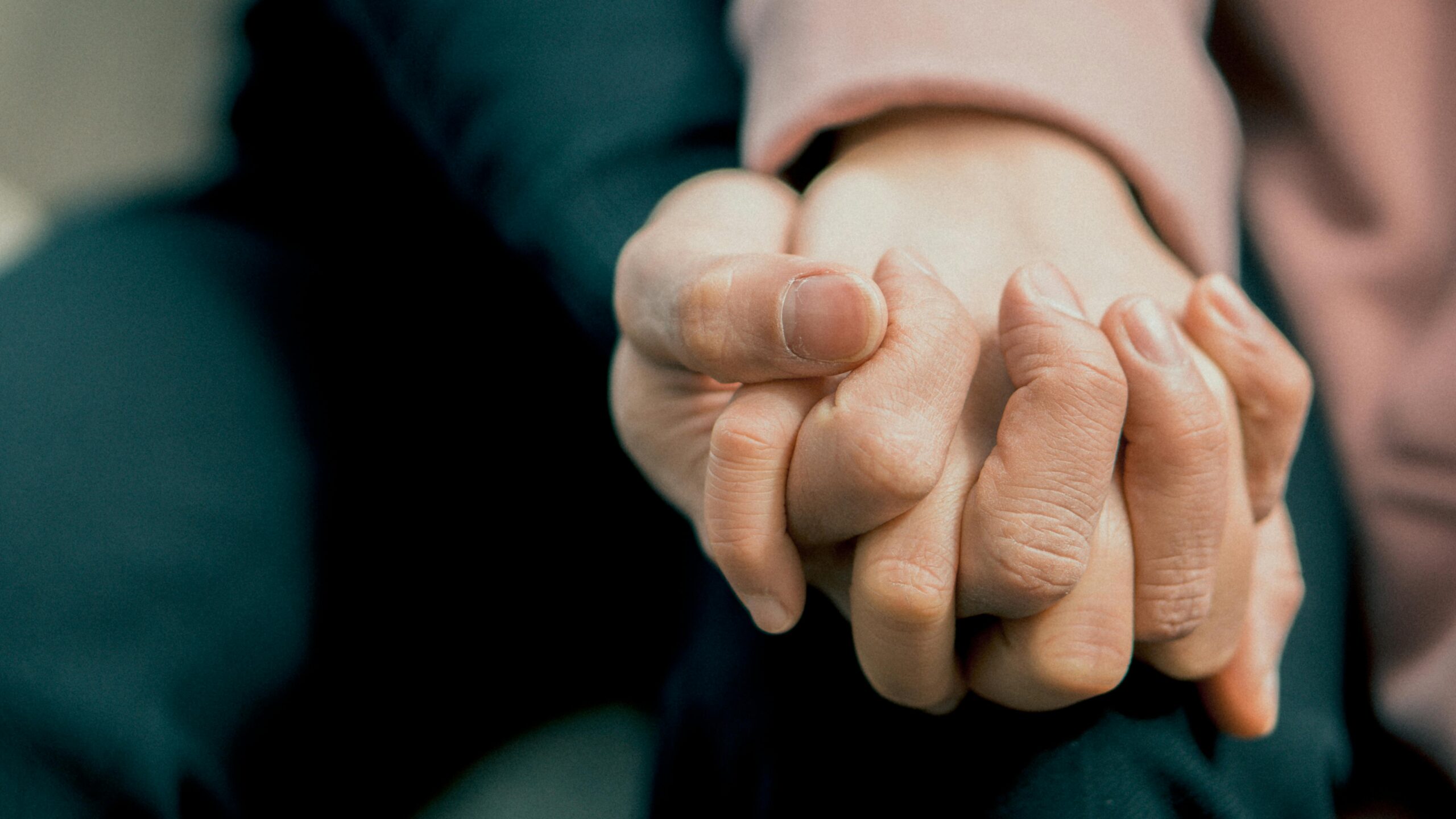
In my roles at Columbia University Medical Center (CUMC), I often find myself bridging two worlds: the academic and the communal. As a Senior Research Staff Associate managing a longitudinal study on aging dementia and a member of the New York Presbyterian Adult Clinical Ethics Committee, I have come to learn a truth that many institutions have yet to grasp fully–ethics does not live solely in the pages of journal articles nor in the ethical deliberations in hospital rooms. It lives where people do. It breathes in the living rooms of grandmothers discussing their final wishes, in church basements where health workshops are held, and in the kitchens of immigrant families navigating care decisions with love, fear, and cultural strength.
Over the years, particularly through my community-based work in Northern Manhattan, NYC, I have witnessed what happens when healthcare systems fail to offer culturally resonant guidance; namely, the community steps in. They do not wait for an official ethics consultation. In places where access to clinical ethics support is limited or where that support feels alien to people’s cultural and spiritual values, informal networks rise to the occasion. These may be the community health workers who gather at kitchen tables to make sense of diagnoses, who translate medical advice into lived experience, and who offer moral clarity, not with academic language, but through intuitive, context-rich understanding.
Just recently, I attended a conference that featured a panel on equity in organ transplantation. What struck me most were the testimonies from survivors of organ failure and chronic illness who shared how they found moral grounding not through physicians or hospital systems, but through community mentors, spiritual leaders, and even local hip-hop artists. In the absence of accessible institutional support, these figures held the space for ethical deliberation. They were not just offering advice, but were offering justice, dignity, and moral courage.
Similarly, in my work facilitating conversations about advance care planning and end-of-life decision-making, I often encounter older adults who take steps toward creating advance directives not because a doctor urged them to, but because their neighbor had gone through a painful experience. That kind of proximity breeds not just empathy, but moral urgency. These stories are not only rich in ethical complexity, but they are also the ethical case studies we ought to be studying more often. People act not because of policy, but because of shared humanity.
These moments reveal something deeply important in that the ethical questions most relevant to people’s lives are being answered by communities long before institutions arrive. And yet, these informal ethical networks are rendered invisible by formal systems of bioethics. Bioethics as a discipline must confront how institutional ethics can legitimize community-rooted ethics. But that legitimacy cannot rest on institutional affiliation alone. The moral decisions made by communities, particularly those navigating systemic racism, economic hardship, and cultural erasure, often make the most holistic and culturally resonant decisions because they are accountable to one another in ways that formal systems are not. This is not a personal indictment of clinical ethics, but an invitation to broaden our understanding of where ethics lives and who gets to be seen as a moral authority.
If we genuinely want ethical care, we must look beyond the consultation note and into the church bulletin, the group chat, and the shared meal. We must ask who is carrying the weight of moral decision-making when the systems are late, silent, or absent? Often, it is the same people who bring over soup when someone is sick, who sit quietly beside a grieving friend, who organize door-to-door fundraisers for a neighbor’s medical bills.
Let us not mistake bureaucracy for ethics. Ethics lives in a community. And often, the community becomes the ethics committee not because they are asked to but because they must. When systems falter, the people lead.
We owe it to our communities to not only acknowledge their ethical labor but to elevate it. Let us learn from the grassroots frameworks, partner with them, and build policies that uphold their wisdom. Because when we fail to do so, we miss the moral heart of medicine. The question is whether our institutions are willing to meet them there, not as passive recipients of care, but as co-architects of an ethical system that truly reflects our shared humanity.
Danurys Sanchez-Noboa, MS in Bioethics is a Senior Staff Associate at the Columbia University Medical Center and Founder of Communities for Responsible Bioethics, LLC.